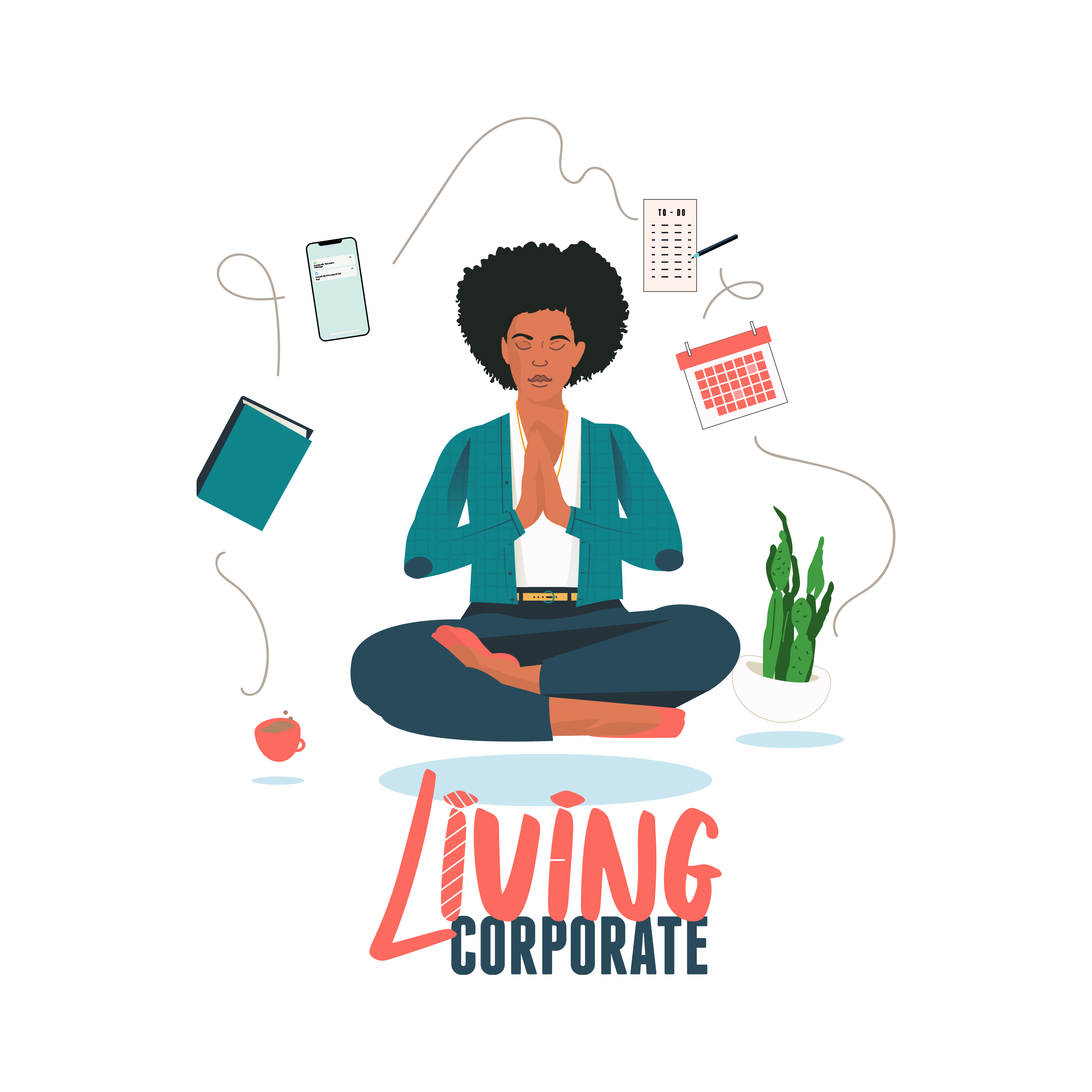
252 Tristan’s Tip : Two Mistakes You Might Be Making In Your Job Search > @LivingCorp_Pod

Episode Notes
On the seventy-fourth entry of Tristan’s Tips, our amazing host Tristan Layfield talks about two huge mistakes you may be making in your job search. He emphasizes the effectiveness of getting as specific as possible with the type of roles you’d like to land and implores potential job seekers to focus more of their energy on building a curated network and engaging with them.
Connect with Tristan on LinkedIn, IG, FB, and Twitter.
https://www.linkedin.com/in/tristanlayfield/
https://www.instagram.com/layfieldresume/
https://www.facebook.com/LayfieldResume/
https://twitter.com/layfieldresume
Find out how the CDC suggests you wash your hands by clicking here.
Help food banks respond to COVID-19. Learn more at FeedingAmerica.org.
TRANSCRIPT
Tristan: What’s going on Living Corporate? It’s Tristan back again to bring you another career tip. This week I want to talk to you about two huge mistakes you may be making in your job search.
Most people start their job search by casting a wide net thinking that provides them with the best chances of landing a role, which may be true, but you will never actually land THEE role. I know, it’s counterintuitive, but let’s talk it through a bit. In working with many clients, I find that we tend to keep our job searches broad because we are scared of making a decision or commitment. We’ve been taught that you choose a career and you stick with it. So we put this immense pressure on ourselves because we feel like we can’t change our minds. If that’s what you think, I’m here to tell you to let that go. According to the Bureau of Labor Statistics, the average person changes jobs 10 to 15 times during the course of their careers. So once again, let that go and focus on what you want to do right now.
Now the other reason a broad job search is a mistake is because you lack direction. Since you have no direction, you can’t develop a solid plan to get there so you fall back on what you believe is the most convenient option — applying online. But since you’re not sure where you want to land you can’t tailor your resume appropriately, you aren’t sure how to market yourself on LinkedIn, and you really aren’t clear on which results, outcomes, or accomplishments you should highlight to get you to where you are trying to go. That typically means you try to represent all of your experiences, but recruiters and hiring managers only care about the relevant ones. That’s why job searches work best when you get as specific as possible with the type of roles you’d like. Further, when you apply online the first thing you are combating is the applicant tracking system or ATS for short — it’s basically an algorithmic system that scans your resume for keywords/phrases. This system is known to weed out around 75% of all candidates who apply to a role. So if you’ve ever felt like your applications fell into a black hole, you more than likely didn’t make it past the ATS. The second thing you are combating are the constraints and low attention spans of recruiters and hiring managers. Studies show they scan your resume for 6-seconds to determine if they are going to fully read it or throw it in the no pile. If you aren’t clear on your end game, you’ve probably fallen victim to this as well.
The next thing is focusing too much on online applications. Does that mean you should stop applying online? No. What that means is that online applications should only be a small portion of your job search process. Think about how unfulfilling and not fruitful your application sprees have been. That’s because you have less than a 2% chance of landing a role by applying online. I liken applying online to the same mail and wait process our parents and grandparents participated in. They heard somewhere was hiring, they went to the library to find the address to the company, mailed their resume in, and waited to hear back. That process worked for them because there was no internet therefore there was less competition and there weren’t any applicant tracking systems. So my question to you is, why are you following that same process in the year 2020 of our Lord and Savior Jesus the Christ?
You should focus more of your energy on building a curated network and engaging them. When you do this, you gain insights you didn’t previously have that can help you tailor your documents, answer questions in interviews, and even prepare for your next conversation with someone in the industry. If you handle the interaction well, you may even get a referral out of it. 80% of recruiters and hiring managers agree that referrals are the best way to find a qualified candidate. To build this network you have to start cultivating a professional brand leveraging tools like LinkedIn which means you have to get beyond your fear of posting. Always remember, good content does two things attract those that align with you and repel those who don’t…that’s exactly what you want when you’re searching for a new role.
This tip was brought to you by Tristan of Layfield Resume Consulting. Check us out on Instagram, Twitter, and Facebook @LayfieldResume or connect with me, Tristan Layfield, on LinkedIn.
Find out more at https://living-corporate.pinecast.co
